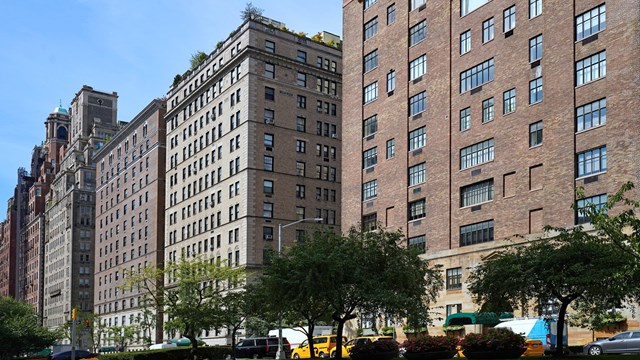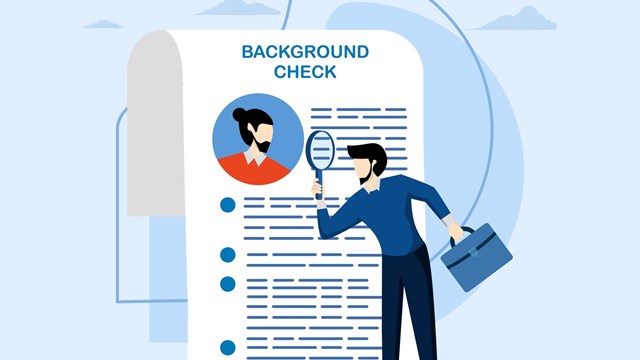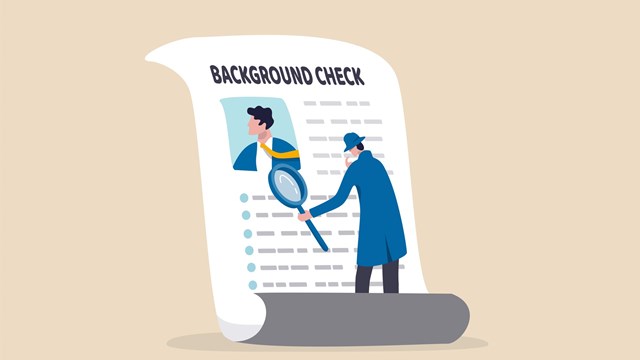Q. My mother passed away three years ago. I am handling the sale of her co-op in Queens. We emptied and painted the unit completely soon after she passed. I’ve been paying $850 a month maintenance fee for the empty unit while I was not allowed to rent it out, or even stay there myself. I had two buyers with excellent credit and enough financials to easily afford all payments. Both were turned down with no explanation. Now we have a buyer paying all cash, and the board sent me a notice that I am responsible for a $2,000 move out fee. Is all of this legal?
—Looking for Answers
A. “You asked whether your mother’s co-op board had the authority to (1) refuse renting the unit pending sale, (2) turn down qualified purchasers without explanation, and (3) charge you a move-out fee,” says Leni Morrison Cummins, shareholder with the Manhattan law office of Cozen O’Connor. “The answer to all three of those questions will be in your mother’s proprietary lease. For questions 1 and 2, most proprietary leases require board permission to rent or sell. The right of the board to approve or deny typically isn’t qualified by any ‘reasonableness’ standard. This means that so long as the board is acting in its business judgment, and isn’t acting discriminatorily, it can approve or deny a renter or buyer for any reason, and the board does not have to provide you with the reason. The default business judgment standard acts to insulate the board’s decisions as well, so, if challenged in court, it is unlikely a judge would even scrutinize the board’s decision. (There is legislation pending that may change all of that, but it hasn’t passed.) Similarly, nearly all proprietary leases grant boards the right to charge fees for move-outs, among others. Therefore, unless you see that the board treated other shareholders differently, it is doubtful you would have any viable claims against the board.”










Leave a Comment